As the New York state budget approaches its approval date in April, the New Deal for CUNY bill is once again thrown into the spotlight.
“For decades, CUNY has been underfunded, and I would say intentionally underfunded, in order to starve an institution that provides higher education to mostly working class students and majority students of color,” said Barbara Bowen, an English professor at Queens College and former president of the Professional Staff Congress (PSC).
“I don’t mean that a group of people sat down in a room and said ‘How can we sabotage CUNY?’” She clarified, “But what I do mean is if the city and state pass budgets year after year after year that underfund CUNY, then we have to conclude that the intention is to underfund CUNY.”
In response to this lack of funding, a bill has been introduced to the New York State Senate and New York State Assembly that aims to provide better funding for CUNY: the New Deal for CUNY.
It was first introduced by Senator Andrew Gounardes and Assemblywoman Karines Reyes in February 2021, and is co-sponsored by 77 others in both houses combined. At this moment, the bill is in committee in both houses.
The bill hopes to accomplish the goal of better funding through four “planks:” restoring free tuition, improving faculty/staff-to-student ratios, better payment for adjunct faculty, and renovating campuses.
This idea of this bill doesn’t come from nowhere, though, as for over 125 years, CUNY was free.
“When CUNY was founded in 1847, its original name was The Free Academy,” Bowen said, “I wish it were still called that!”
According to the justification for the bill, CUNY remained this way (with few exceptions for a small number of courses) until “the peak of the city’s financial crisis in 1976.” This was when full tuition was implemented.
It is the New Deal for CUNY’s ambition to restore CUNY to its roots of providing a college education “to ‘the children of the whole people’ and not only a ‘privileged few,’” just as CUNY was initially created to be.
“All through the World Wars, all through the Great Depression, there was a commitment to keeping CUNY free and we think it’s time for that to return,” Bowen said.
For students, the most immediately striking way the bill intends to accomplish this is by abolishing tuition. It would allow students to receive higher education without the additional stresses of working multiple jobs to make ends meet. However, the other aims of the bill are equally important.
The New Deal for CUNY seeks to improve the academic functioning of CUNY schools in a threefold way. First, it proposes to raise “the ratio of full-time faculty members to 65 per 1,000 students.”
Second, it seeks to raise the ratio of academic advisors to one per 250 students.
Third, it asks that “adjunct faculty receive compensation equal to the lecturer title of this section.”
This would allow students to receive better attention from professors and advisors, as well as allow professors to give better attention to their work.
“If you were bringing your case in court and it’s really important to you, would you want somebody who is making $25,000 a year and is a part-time lawyer and doesn’t have an office and has to run to her other job? The answer would be no. So we shouldn’t have that for our students,” Bowen said.
Furthermore, the bill seeks to provide students with support in their emotional and mental health by ensuring that CUNYs have “one clinical mental health counselor per 1,000 students.”
“Our students often have so many stresses,” Bowen said, “Family incomes at CUNY are very low. There are a lot of students facing poverty, food insecurity, taking care of families… The stresses on CUNY students, I think, are huge.”
The bill also seeks to increase funding for maintenance of campus buildings. We see the need for this in Queens College especially, with stickers indicating which windows work and blinds that seem older than our parents.
Additionally, according to CUNY, only 8% of buildings within the system are in “a state of good repair.”
“You walk in the New York Public Library and you feel like ‘My learning, my knowledge is important,’ You walk in Kiely Hall at Queens College, which isn’t the worst building in CUNY by any means — or Rathaus building — and you get the message ‘Oh, I guess my education doesn’t matter. Nobody’s really investing in me,’” Professor Bowen said, “It’s the physical improvements in the buildings, but it’s also the psychological message — political message, I would say.”
Not only are the PSC and legislators pushing for this bill, but also a coalition of students called the CUNY Rising Alliance amongst a plethora of other organizations. This alliance stands behind the legislators by encouraging and voting for them in order to get bills like this passed. Without these student organizations communicating with CUNY faculty and with legislators and advocating for the student body, nothing could get done.
As the political machine keeps turning, it’s important as CUNY students to keep an eye on the progress of the New Deal for CUNY.


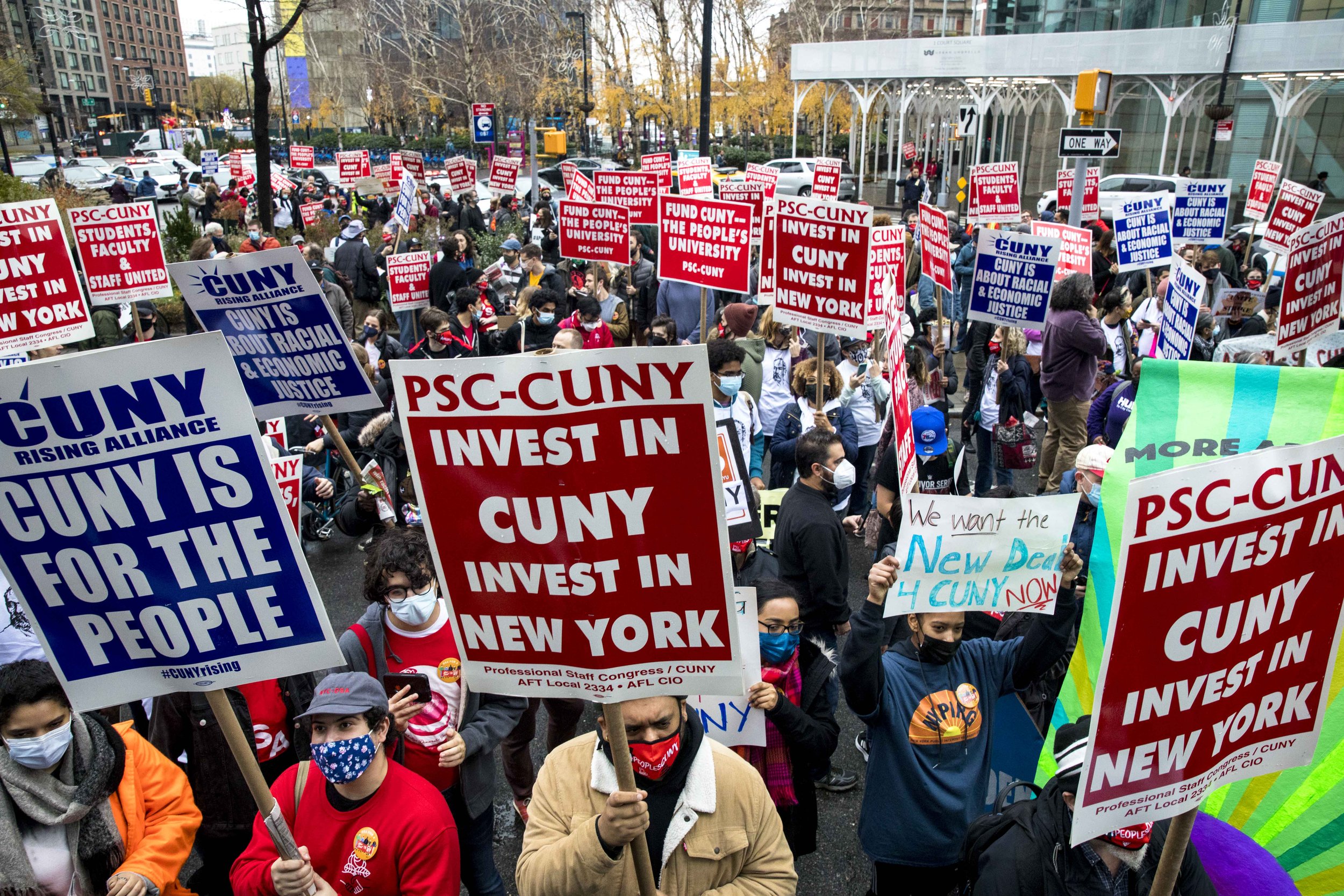





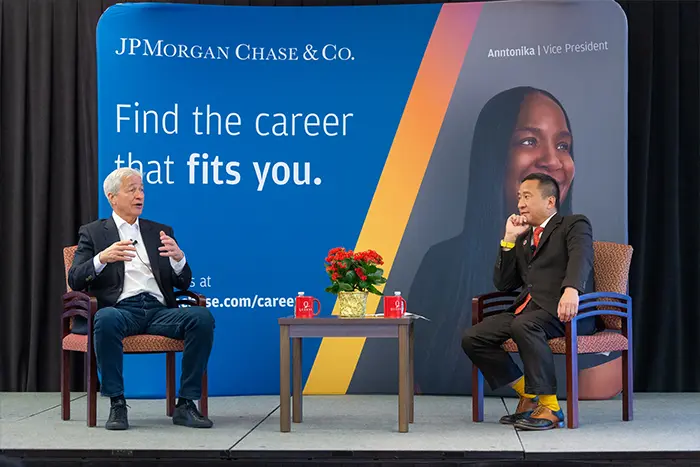
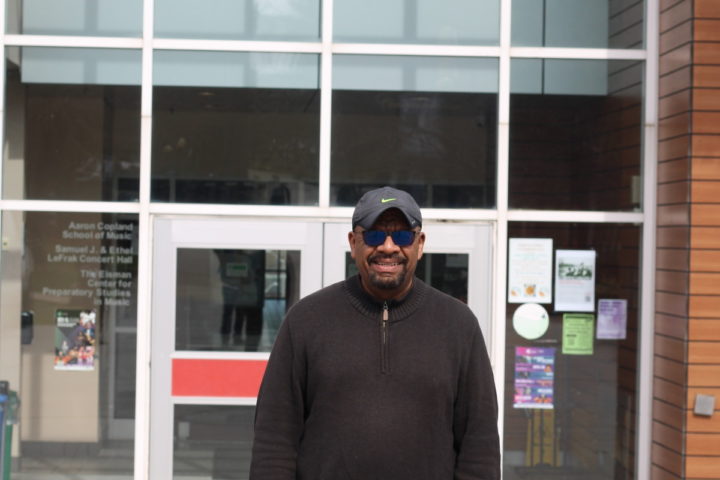
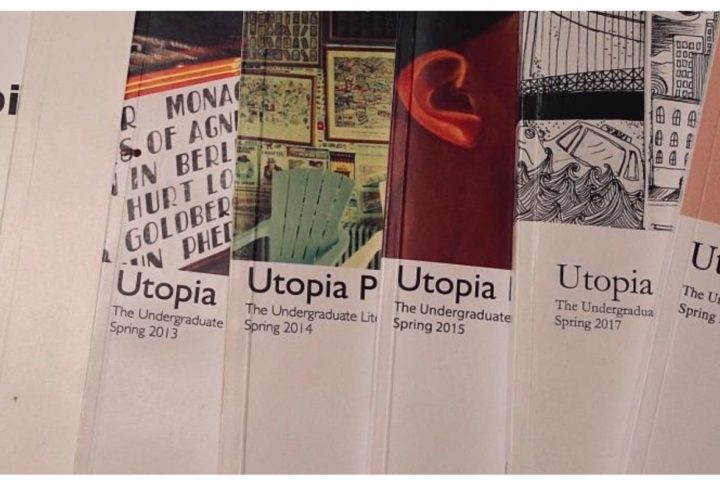
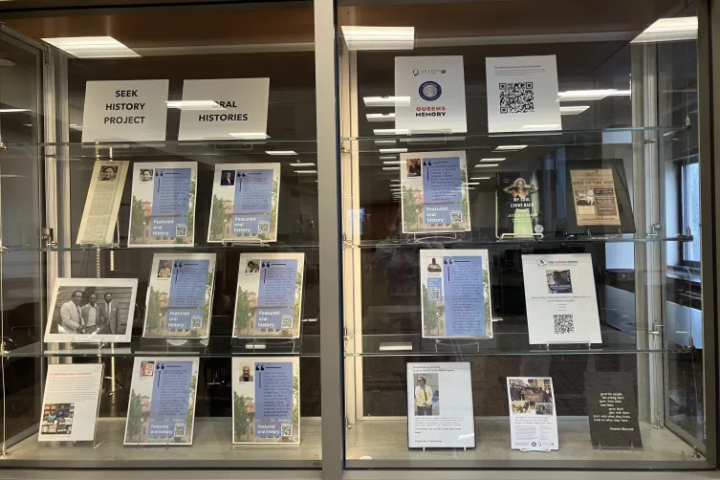
How much is all this going to cost? Not a single word on the most important aspect.